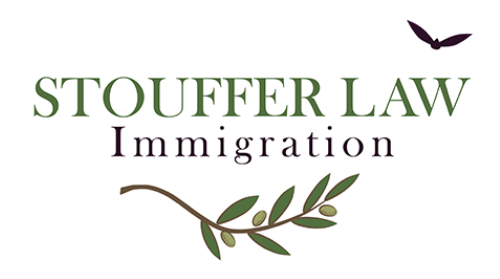Do You Or Your Loved One Qualify For A Waiver?
You may be eligible for a waiver, often based on hardship to your U.S. citizen spouse or parents, if the U.S. government finds you are inadmissible or ineligible for lawful status, because of certain criminal convictions or acts, or because of past violations of immigration status such as an unlawful presence or prior deportations. The attorneys at Stouffer Law have over 20 years of combined legal experience and are ready to help you determine if you might be eligible for a waiver.
Understanding The Different Waivers
There are different waivers available depending on the unique circumstances, including:
- Applying for a visa through a U.S. Consulate – If you are located outside of the U.S. and applying for a visa, you may need a 212(h) if you have a past criminal record or an I-601 hardship waiver (an I-601A if you are currently in the U.S. and plan to leave to reapply for entry).
- Going through removal proceedings – If you are going through deportation or removal proceedings, you may need a 212(c) waiver to avoid deportation after a criminal conviction.
- Applying for a non-immigrant visa – You could need a 212(d)(3) waiver for a temporary visitor, work or student visa.
These are just a few examples of waivers. It is extremely important to get an honest and thorough assessment based on your unique individual circumstances. We can discuss your situation and answer any questions you have during an initial consultation. When a waiver is available, we will work closely with you to help you gather all the required evidence and present your application in the strongest light possible.
There is an art to presenting a case in the most compelling way possible within the context of the applicable immigration laws. We make sure that the evidence is organized and presented with a detailed index and legal brief outlining eligibility in such a way that highlights the strengths of each individual case.
Find Out More
Find out whether you or your family member qualifies for a waiver by scheduling a consultation with one of our attorneys at our Berkeley office. You can call us at 510-214-4007 or send us an email.

